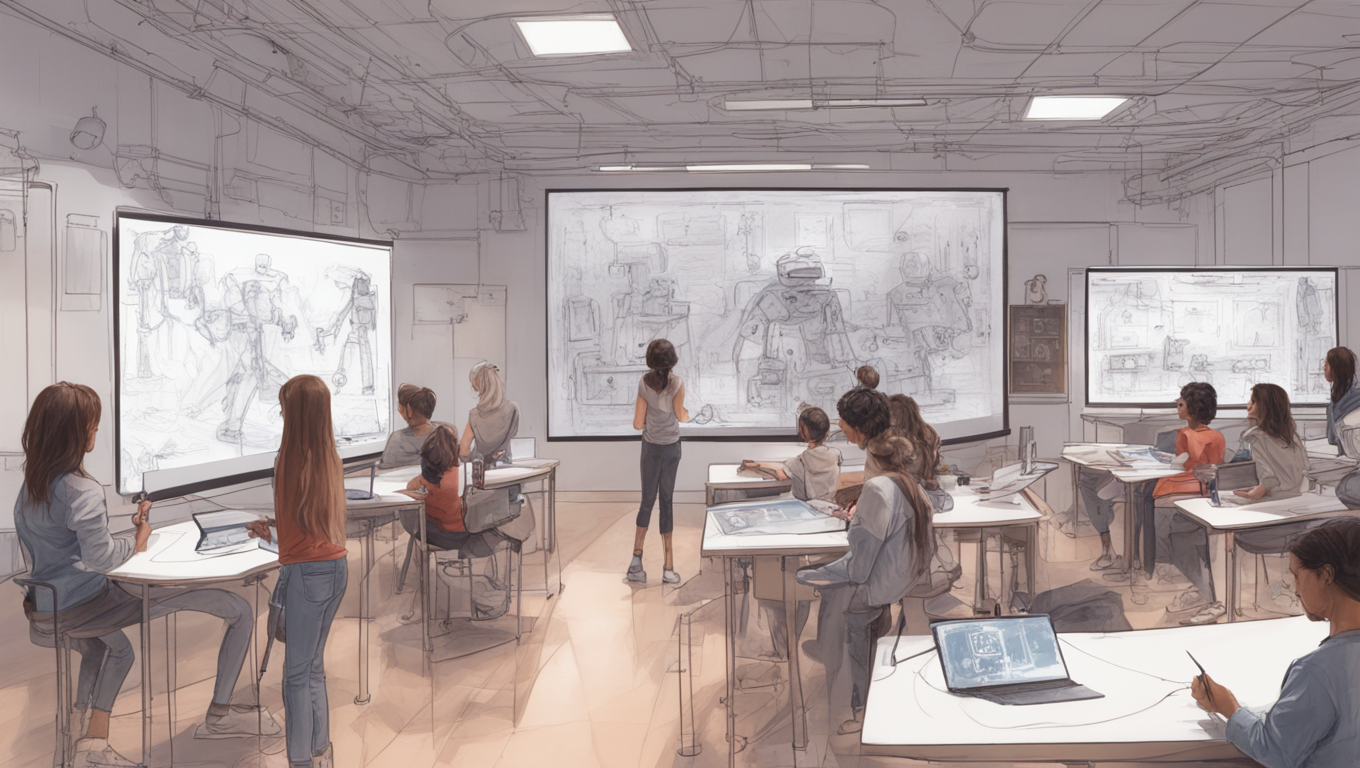China is taking significant strides in its pursuit of becoming a leader in artificial intelligence (AI) by establishing independent AI academies. These academies, which will be located in Shanghai and Beijing, aim to nurture the talent necessary for the growth of the AI industry. The initiative was announced by Zhu Songchun, a renowned AI expert and a member of the Chinese People’s Political Consultative Conference (CPPCC). The Ministry of Education, responsible for these academies, plans to expand their presence in more provinces in the future.
Zhu Songchun emphasized the importance of opening up China’s academic institutions to the global community as part of its efforts to lead in technological innovation. He called for revitalizing the academic community and attracting international talent. In his address at the CCPCC gathering, Zhu highlighted that AI is at the forefront of global technological competition and presents both challenges and opportunities for China, particularly in terms of its workforce, job market, educational reform, and technological innovation.
While the specific opening dates for the AI academies were not mentioned in the article, Zhu stressed the need for foreign AI experts and students to receive equal treatment as their Chinese counterparts if they choose to live and work in China. One of his suggestions to attract global AI talent was to utilize private foundations. Zhu also recommended the development of an “innovation vitality index” and expanding AI education in Chinese universities by integrating AI training with other disciplines for college students.
China’s Vice-Minister of Science and Technology, Long Teng, responded to Zhu’s proposals by stating that China would promote international talent exchanges in fields like AI. He also mentioned that China would establish standards to recognize foreign talent that is high-end, cutting-edge, and urgently needed. Long emphasized China’s ongoing efforts to promote talent in key areas such as AI.
China’s increased focus on AI comes at a time when the country is working to build a highly skilled tech workforce and boost its sluggish economy. Beijing recognizes that AI has the potential to address long-term economic challenges, including a shrinking workforce and declining fertility rate. The race to acquire international talent in AI aligns with the intensifying competition between the United States and China in science, technology, and other domains such as the South China Sea, trade, and ideology.
Zhu Songchun, who previously obtained his degree from Harvard University, has been a prominent figure in the field of computer vision, previously working at the University of California, Los Angeles. He returned to China in 2020 and joined Peking University to lead its Institute for Artificial Intelligence.
As China accelerates its efforts towards AI development, the establishment of AI academies showcases the country’s commitment to nurturing talent and driving innovation. By opening its academic institutions to the global community, China aims to attract top AI experts and students, fostering a dynamic and competitive environment for technological advancement. With the intersection of economics, national security, and technological leadership, China’s focus on AI will likely have far-reaching implications in the global landscape.





Use the share button below if you liked it.